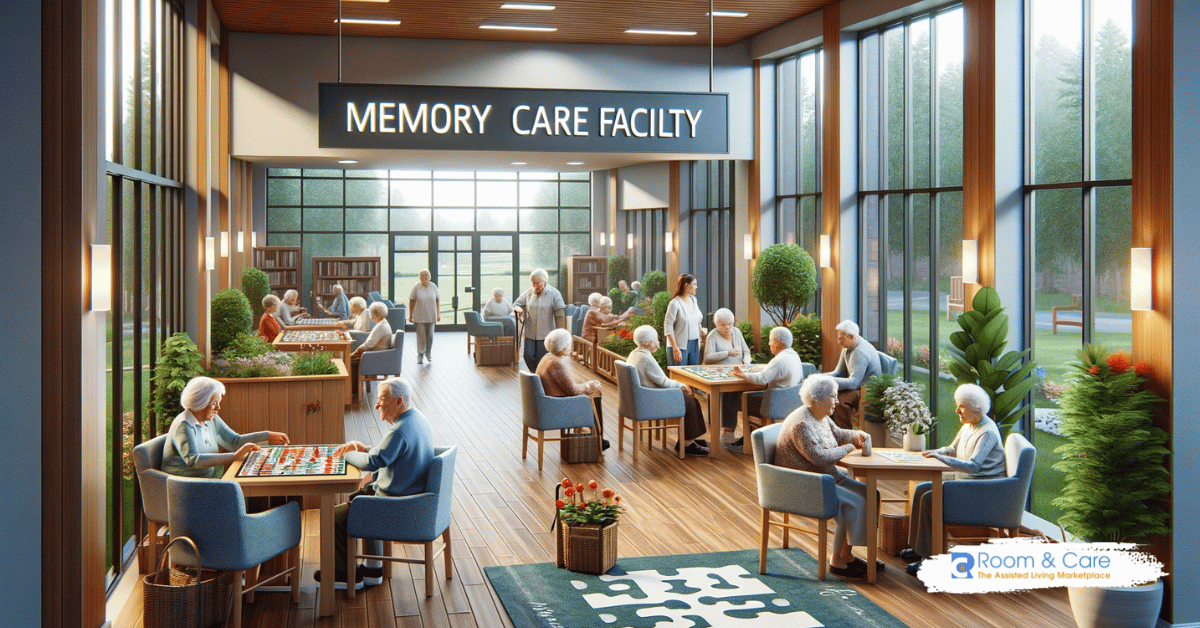High-Quality Care Program Provided Through Alzheimers Care Charlotte Centers
High-Quality Care Program Provided Through Alzheimers Care Charlotte Centers
Blog Article
Compassionate Alzheimer's Look after Your Loved Ones
Acknowledging the emotional and psychological requirements of individuals affected by this problem is vital in improving their quality of life. As we discover the various techniques and strategies that can change caregiving into a more thoughtful experience, it ends up being clear that the journey is as much concerning the caregiver as it is regarding the individual with Alzheimer's.
Understanding Alzheimer's Condition
Alzheimer's illness is a progressive neurodegenerative condition that mainly influences cognitive feature, leading to amnesia, impaired thinking, and modifications in actions. It is the most common type of dementia, making up 60-80% of all cases. The condition usually materializes in individuals matured 65 and older, although early-onset Alzheimer's can take place in younger people.
The pathophysiology of Alzheimer's includes the accumulation of amyloid plaques and neurofibrillary tangles in the brain, resulting in neuronal deterioration and synaptic loss. These adjustments disrupt communication between mind cells, considerably impairing cognitive capabilities and day-to-day performance. Early symptoms might include problem keeping in mind current occasions and challenges in problem-solving, which can intensify to disorientation and trouble with language.
As the condition advances, individuals might show extensive memory deficiencies, confusion about time and place, and difficulty acknowledging liked ones. Behavior changes, including withdrawal, anxiousness, and agitation, may also occur. Understanding the clinical progression of Alzheimer's is essential for caregivers and healthcare suppliers, as it notifies reliable monitoring approaches and treatments tailored to the requirements of individuals affected by this devastating problem.
The Value of Compassionate Care
Compassionate treatment is necessary in sustaining individuals with Alzheimer's condition, as it significantly improves their lifestyle. This strategy focuses on the emotional and psychological wellness of clients, promoting a setting that advertises dignity, understanding, and regard. Individuals with Alzheimer's typically experience confusion, frustration, and anxiousness, which can be reduced through thoughtful interactions.
Compassion in caregiving not only assists in recognizing the special needs of each individual yet likewise strengthens the caregiver-patient connection. When caretakers approach their roles with empathy, they create a risk-free room where patients really feel valued and recognized, which can decrease behavior challenges related to the disease. This helpful setting encourages better communication and involvement, helping with a much more reliable response to the care given.
Moreover, caring treatment expands past the patient; it likewise includes assistance for family members. Caretakers that practice empathy are much more furnished to resolve the psychological burden faced by liked ones, supplying confidence and advice through a tough trip. Ultimately, the significance of caring care hinges on its capability to transform the caregiving experience, causing enhanced end results for both people with Alzheimer's and their family members.
Practical Caregiving Approaches
Reliable caregiving for people with Alzheimer's condition calls for functional methods that attend to the special difficulties presented by the problem. Among the primary techniques is establishing a consistent day-to-day regimen, which can supply structure and familiarity, reducing anxiousness for both the individual and the caregiver. Caretakers need to likewise simplify jobs by damaging them down into smaller, manageable steps, therefore boosting the individual's feeling of achievement and reducing aggravation.
Communication is an additional important element; caregivers should make use of clear, basic language and maintain eye call to promote understanding. Utilizing aesthetic cues, such as pictures or labels, can additionally aid understanding and navigation in the setting.
Security is paramount. Adjusting the Look At This living space to remove risks-- such as installing or protecting carpets grab bars-- can assist protect against mishaps. Additionally, caregivers need to motivate freedom by allowing people to take part in familiar tasks, which can bolster self-confidence and advertise well-being.
Emotional Support Strategies
Emotional health is an important element of look after people with Alzheimer's condition, as it straight impacts their quality of life. Alzheimers Care Charlotte. Giving psychological support strategies can considerably improve their day-to-day experiences and promote a feeling of security and belonging
One efficient technique is energetic listening, which involves providing complete focus to the individual, acknowledging their feelings, and responding with compassion. This strategy aids the person really feel valued and understood, decreasing sensations of seclusion or frustration. Additionally, using recognition treatment can be valuable; instead than correcting misconceptions, caregivers can affirm the person's emotions and experiences, promoting a soothing atmosphere.
Participating in reminiscence therapy is another powerful method, enabling individuals to share tales, memories, and sensations connected with their past. This not just boosts cognitive feature however likewise enhances emotional connections. Incorporating acquainted songs or art can likewise evoke positive emotions and trigger joyous communications.
Additionally, making sure routine physical touch, such as holding hands or gentle hugs, can provide convenience and confidence, strengthening emotional bonds. These techniques, when consistently used, can produce a nurturing environment that supports the psychological health and wellness of individuals with Alzheimer's, boosting their total well-being.
Creating an Encouraging Atmosphere

To start with, think about the physical layout of the home. Clutter-free locations, acquainted furnishings setups, and well-defined go to this site paths can decrease complication and promote flexibility. Utilizing calming colors and ample lights can further improve the ambience, making it much more welcoming and much less intimidating.
Secondly, uniformity is essential. Preserving a foreseeable daily regimen helps individuals with Alzheimer's feeling extra protected. Acquainted tasks, normal meal times, and scheduled social interactions can dramatically reduce anxiousness and disorientation.
Additionally, sensory components play a vital function. Including acquainted aromas, music, and tactile objects can evoke positive memories and promote interaction. Individualizing the room with valued photographs and meaningful objects can also foster a sense of identity.
Final Thought
Caring Alzheimer's care substantially enhances the lifestyle for individuals impacted by this modern disease. By prioritizing emotional well-being and implementing effective caregiving strategies, caretakers can cultivate an environment that advertises self-respect and belonging. Methods such as active listening and establishing consistent regimens offer to ease stress and anxiety while enhancing the caregiver-patient connection. Ultimately, this approach Go Here not just gives necessary convenience and support but additionally encourages individuals to navigate the intricacies of Alzheimer's with self-respect and grace.
As we discover the different strategies and methods that can transform caregiving right into a more thoughtful experience, it ends up being clear that the journey is as much concerning the caregiver as it is concerning the individual with Alzheimer's.

Compassionate care is crucial in supporting people with Alzheimer's condition, as it considerably improves their top quality of life - Alzheimers Care Charlotte. Ultimately, the value of thoughtful care lies in its capability to change the caregiving experience, leading to improved outcomes for both individuals with Alzheimer's and their family members
Thoughtful Alzheimer's care considerably improves the top quality of life for people affected by this progressive illness.
Report this page